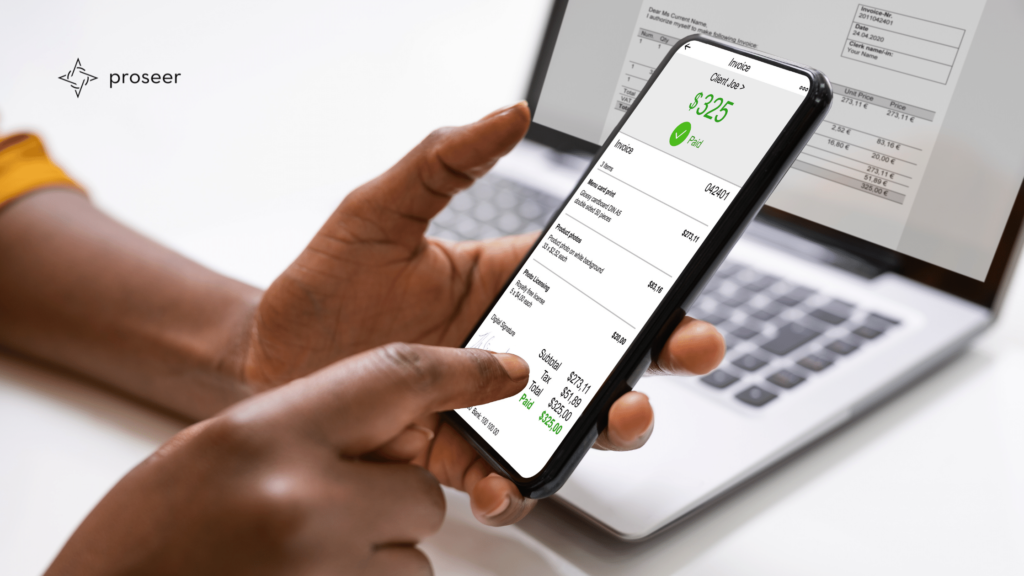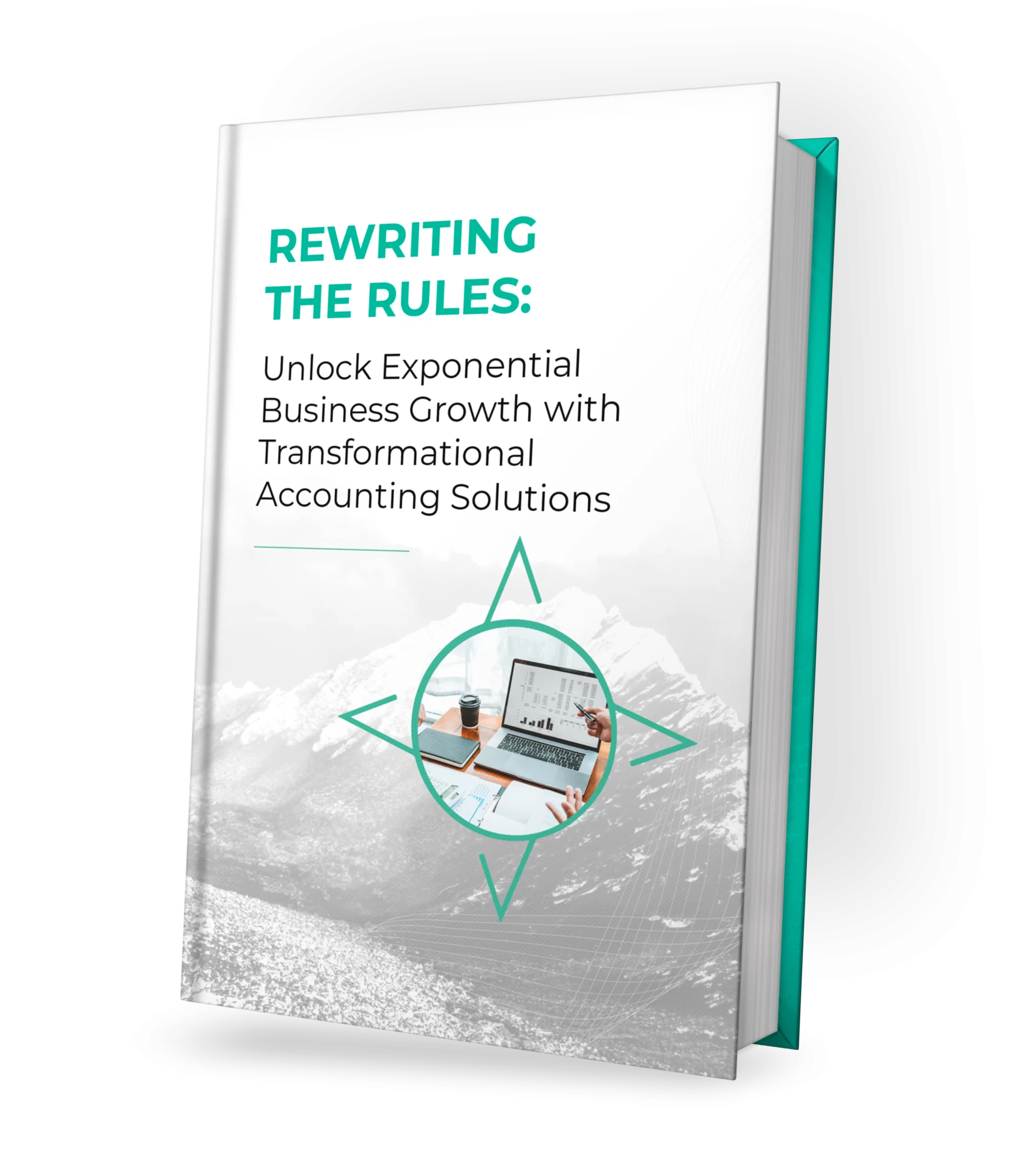What is an Accountable Plan for Expense Reimbursement?
The issue of employee expenses is one we have been exploring in several recent blogs, covering what an effective expense program looks like and taking a deep dive into the subject of corporate credit cards. Another topic that needs to be part of this same conversation is accountable plans – something many businesses need but not enough to prepare for.
What is an Accountable Plan?
A business will often need to reimburse employees for expenses they pay out of pocket. In order for those reimbursements to be tax-free to the employee rather than treated as taxable compensation, they must be recorded in an accountable plan that follows specific IRS guidelines. Any expenses not recorded in an accountable manner are instead automatically considered a form of compensation that must be reported as taxable compensation to the employee and subject to employment taxes. This places a burden on both the employer and employee. Therefore, failure to establish or follow an accountable plan correctly can have consequences for employers and employees.
What Reimbursements Qualify?
In order for a reimbursement to qualify, it must meet all of the following criteria:
- The expense must be connected to the business,
- The expense must be reported within a reasonable period, and
- Employees must return any compensation in excess of the expense within a reasonable period.
Some of the expenses that commonly qualify include travel expenses, tools and supplies, home office equipment, cellphones, or professional licenses.
How Does Substantiation Work?
IRS rules require that any employee expenses included in an accountable plan be substantiated, meaning documented. Saving receipts has been the traditional way to do that, but log books may also work. Credit card statements will also suffice, provided that charges are clearly itemized. For example, a charge to a hotel will need to differentiate between the cost for the room (which is deductible to the employer) and the cost of a round of golf at the hotel course (which is not).
How to Follow an Accountable Plan
Following an accountable plan does not require any formal declaration or documentation, but expenses included in an accountable plan must be verifiable under audit. Establishing a formal policy for reporting and reimbursing employee expenses can help prevent any issues with an accountable plan. Important plan details to establish include:
- A time period for submitting expenses
- Documents required to prove expenses
- The process for returning excess reimbursements
- Types of expenses that qualify for reimbursement
- Maximum spending amounts allowed for specific expenses
- Any preferred suppliers or vendors
As with most aspects of tax planning, starting early and doing things correctly are the most important measures to take. Any business reimbursing employees should explore using an accountable plan, just as any business currently using an accountable plan should confirm that it’s IRS compliant.
Technology tools can help
Cloud software like expensify and ramp can help codify expense policy and enforce rules. In addition, these tools improve visibility to employees and employers on where reimbursements are in the approval process while helping the employer with spend control.
Proseer can help you design an accountable plan, employee expense reimbursement policies, and implement technology to make this easy. Contact us to get it right.

